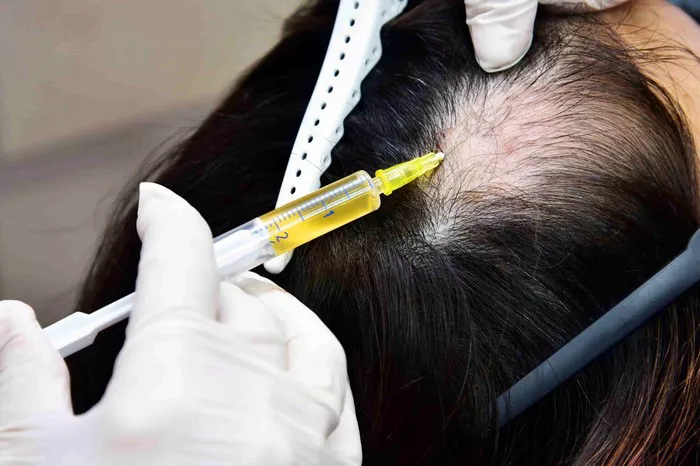Hair transplantation is a popular solution for hair loss, offering a permanent way to restore a fuller head of hair. However, like any medical procedure, it comes with its own set of disadvantages. It’s essential to understand these downsides to make an informed decision. In this article, we will discuss the 5 main disadvantages of hair transplantation.
1. High Cost
Initial Costs
Hair transplantation is a costly procedure. The price can vary depending on the extent of hair loss, the technique used, and the clinic’s location. On average, the cost can range from $4,000 to $15,000. This high upfront cost can be a significant barrier for many people.
Maintenance Costs
Post-surgery, there are ongoing costs associated with maintaining the results. Patients may need medications, special shampoos, and follow-up consultations, adding to the overall expense.
Lack of Insurance Coverage
Most insurance companies do not cover hair transplantation as it is considered a cosmetic procedure. This lack of coverage means patients must pay out of pocket, further increasing the financial burden.
2. Surgical Risks and Complications
Infection
As with any surgical procedure, there is a risk of infection. If the clinic’s hygiene standards are not up to par, or if post-operative care instructions are not followed, patients can develop infections at the surgical site.
Scarring
Even with advanced techniques, scarring is a possibility. Linear scars can occur with Follicular Unit Transplantation (FUT), while pinpoint scars can result from Follicular Unit Extraction (FUE). These scars may be visible if the hair is cut short.
Pain and Discomfort
Post-surgery pain and discomfort are common. While pain relief medication can help, some patients experience prolonged pain, numbness, or tightness in the scalp, impacting their daily lives.
See Also: 6 Reasons Why Hair Transplants Might Fail
3. Unpredictable Results
Variable Growth Rates
Hair growth after transplantation can be unpredictable. While some patients see noticeable growth within a few months, others may experience slower or patchy growth, leading to uneven results.
Hair Shedding
A phenomenon known as “shock loss” can occur, where transplanted and existing hair temporarily shed post-surgery. While this hair typically regrows, it can be distressing for patients.
Unsatisfactory Aesthetic Outcomes
Despite the surgeon’s best efforts, the aesthetic outcome may not meet the patient’s expectations. Hair density, angle, and natural appearance may vary, leading to dissatisfaction with the results.
4. Time-Consuming Process
Lengthy Procedure
Hair transplantation is a time-consuming process. Depending on the number of grafts, a single session can last from 4 to 8 hours. Patients must be prepared for a long day at the clinic.
Multiple Sessions Required
In many cases, achieving the desired hair density requires multiple sessions. Each session needs to be spaced several months apart, prolonging the overall treatment timeline.
Recovery Period
The recovery period can also be extensive. Patients may need to take time off work and avoid strenuous activities for several weeks. Swelling, bruising, and redness can last for days, impacting the patient’s routine.
5. Psychological Impact
Unrealistic Expectations
Patients may have unrealistic expectations about the results. Hair transplantation can improve appearance but does not always restore hair to its original density. This discrepancy can lead to disappointment and psychological distress.
Anxiety and Stress
The entire process, from decision-making to recovery, can be stressful. Patients may experience anxiety about the surgery, the healing process, and the final results, affecting their mental well-being.
Adjustment Period
Post-surgery, patients often need time to adjust to their new appearance. This period can be emotionally challenging, especially if results are not immediately visible or if complications arise.
Conclusion
Hair transplantation offers a promising solution for hair loss, but it is not without its drawbacks. The high cost, surgical risks, unpredictable results, time commitment, and psychological impact are significant factors to consider. Prospective patients should thoroughly research and consult with experienced professionals to weigh these disadvantages against the potential benefits, ensuring they make a well-informed decision.
Understanding the complexities of hair transplantation can help manage expectations and prepare for the journey ahead. While the procedure can yield positive results, being aware of its disadvantages is crucial for anyone considering this path to hair restoration.
Related topics:

